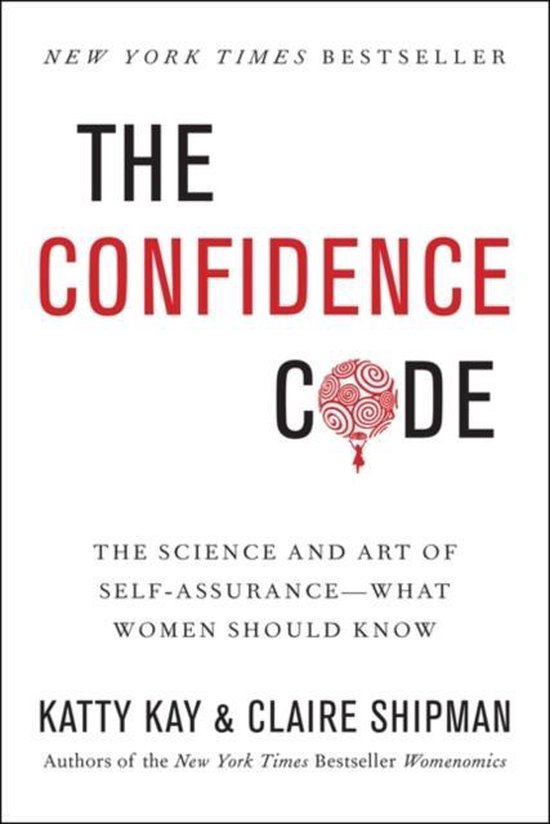
Confidence Code
-
AuteurKatty Kay
- Uitgeverij-
- Jaar-
'Confidence Code' by Katty Kay is a groundbreaking exploration into the science and art of self-confidence, particularly focusing on why women often struggle with it more than men. This book delves into the psychological and societal factors that contribute to this confidence gap, offering readers a comprehensive understanding of its roots. Kay combines cutting-edge research in psychology, neuroscience, and genetics with practical advice, making this book a must-read for anyone looking to boost their confidence. The author presents actionable strategies that are backed by science, ensuring that readers can apply these lessons to their personal and professional lives. With its engaging narrative and insightful analysis, 'Confidence Code' serves as both a mirror and a map, reflecting the reader's own experiences while guiding them toward greater self-assurance.